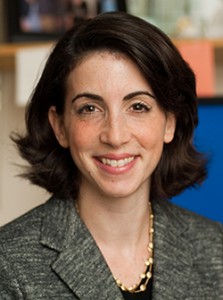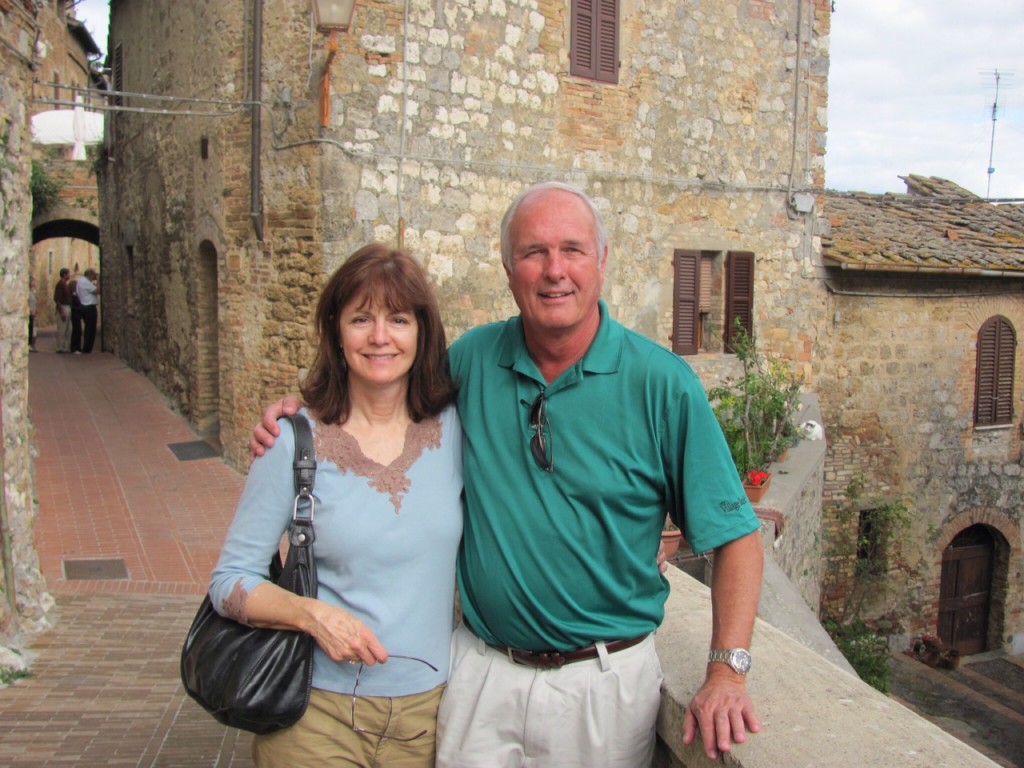One month after undergoing a mammogram live on “Good Morning America,” ABC reporter Amy Robach announced Monday she has been diagnosed with breast cancer and will undergo a double mastectomy later this week.
At 40-years old, Robach is among a population of younger women with breast cancer. According to the American Cancer Society, about 5 percent of all breast cancer cases in the United States occur in women age 40 and younger.


